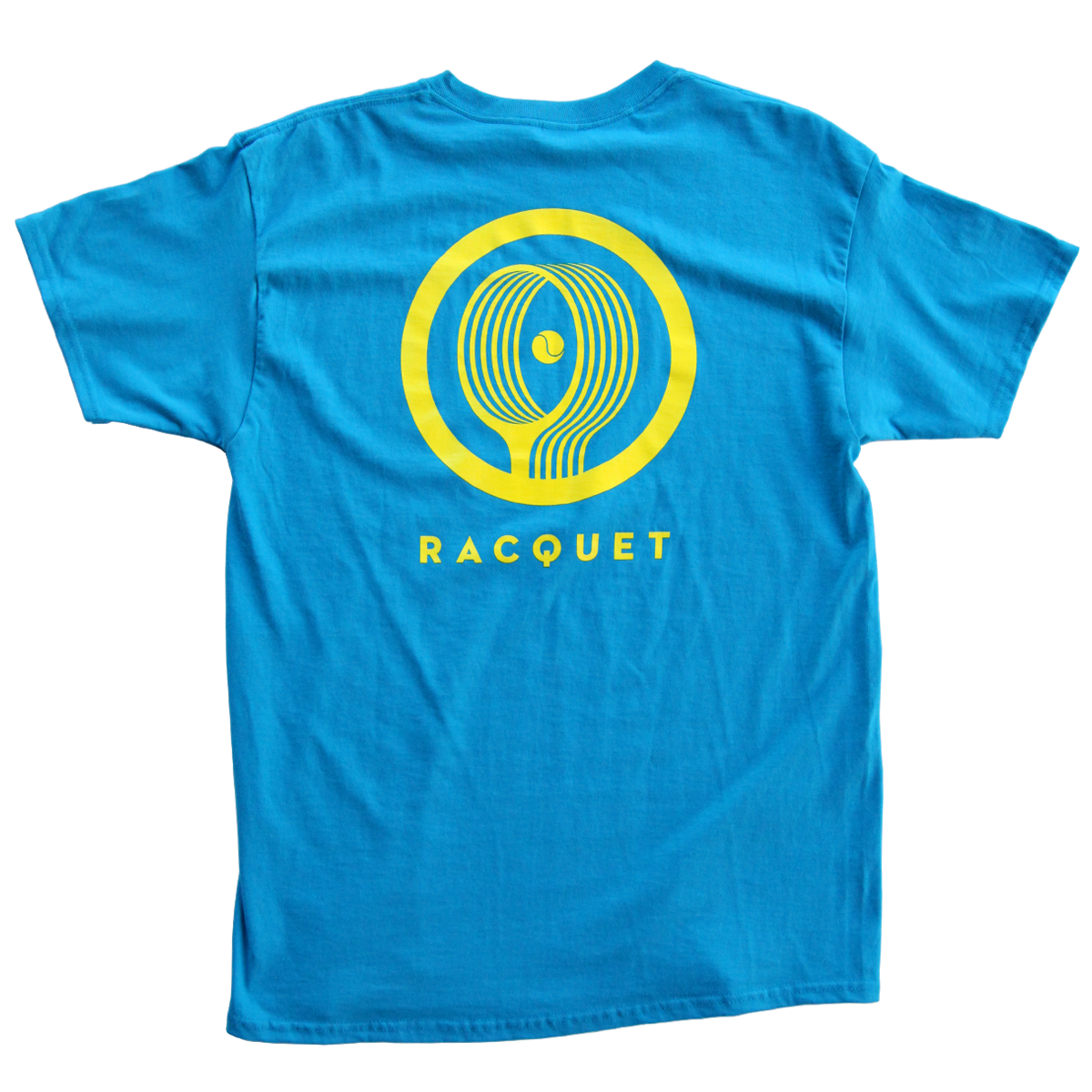By Ben Rothenberg
Taking viewers on an antipodean adventure, the Australian Open prides itself on turning the sporting globe—and frowns—upside down.
The year’s first Grand Slam event has made good vibes its calling card, sending scenes of Southern Hemisphere sunshine to viewers in the cold, dark north. As it grew in stature toward parity with the other Grand Slam events, the Australian Open capitalized on a sound bite from one of its favorite adopted sons.
“It’s kind of like ‘The Happy Slam,’ so to speak, because people are happy to play again, happy to see each other,” Roger Federer said in 2007, shortly before winning his third of six Australian Open titles. “It’s a great, great tournament. Things are really easy here: hotels close to the courts, always a lot of fans on the grounds.”
Well, the hotels are still just as nearby, but this year there won’t be as many fans on the grounds, with ticket sales for each session being capped when they’ve reached 50 percent due to a massive surge of coronavirus cases in and around Melbourne.
While the stands are set to be half empty, the less quantifiable “happy” metrics feel far, far below that mark, dimmed less by the ceaseless pandemic and more by the plight of one man who turned Melbourne into a gloomy reverse Omelas of sorts with an exuberant Instagram post.
Novak Djokovic’s announcement on Jan. 4 that he was coming to Australia with an “exemption permission” immediately turned Australia an angry shade of outback-soil-red. Australians, who have taken immense national pride in their acceptance of strict pandemic protocols that led to fewer deaths than in most any comparable country, quickly rose up in anger against the news on both traditional and social media.
Politicians, quickly sensing the near-unanimity of anti-Djokovic fervor, lined up for eager whacks at the piñata. By the time Djokovic was on his flight from Dubai to Melbourne, the government was ready to scrutinize his documents, and found his excuses for showing up to the country’s doorstep unvaccinated wanting. After being detained for hours in the airport, Djokovic’s visa was canceled, and he was sent to a detention center primarily used to house stranded refugees in legal limbo.
While Djokovic should shoulder nearly all the blame for stubbornly refusing to get vaccinated (at least 97 of the ATP top 100 are currently vaccinated), he was also set up to fail by Tennis Australia, who completely misread the appetite their country would have for welcoming an unvaccinated champion (who was never all that popular here to begin with despite his dominance in Melbourne). Craig Tiley built an entire vaccination exemption process to try to get Djokovic into the country through a side door, and in carving that hole into the structure of his event he let in a cloud of resentment that has darkened the mood here considerably.
To be sure, the warm vibes were still present when I landed in Melbourne to cover the tennis here for the 10th time. In the first week of the season, Rafael Nadal played a doubles match as part of a small ATP tournament held in Melbourne Park. The organizers put the match on small Court 13, giving the few hundred fans in attendance an experience akin to seeing a rock star play an acoustic set at a neighborhood coffee shop.
Away from the headlines, there will be more happy moments like that for fans around the grounds, who will get to watch world-class tennis up close, something many of them didn’t feel comfortable doing here last year before vaccines were available. Fans at home, too, can lock into great first-round matches (Raducanu-Stephens, you guys!).
Djokovic is in the draw too, for now. He won an appeal against his deportation on Monday, only for Alex Hawke, the Minister for Immigration, to re-cancel his visa on Friday. Djokovic is challenging this order, too. But if he loses his appeal, the tournament might finally win back its own.
Above: Getty



